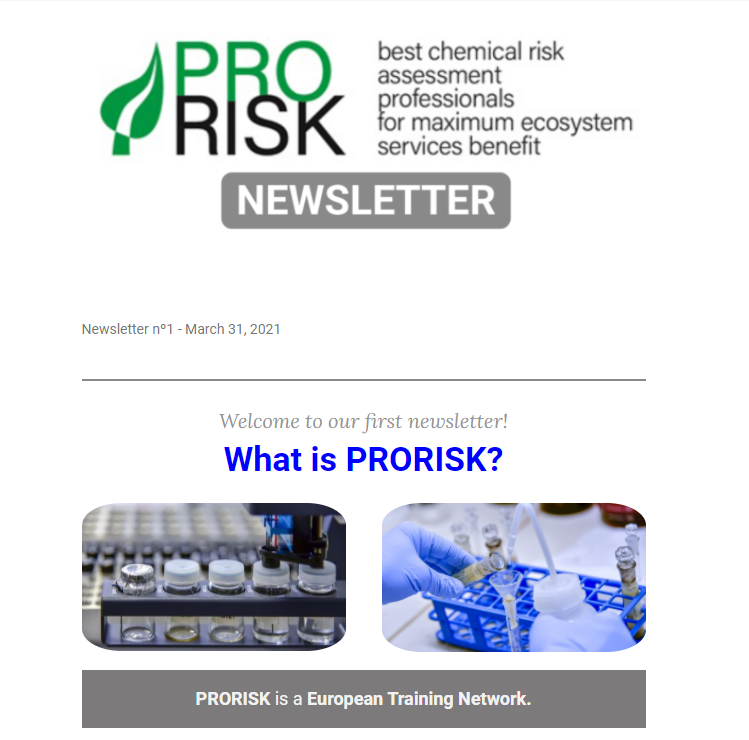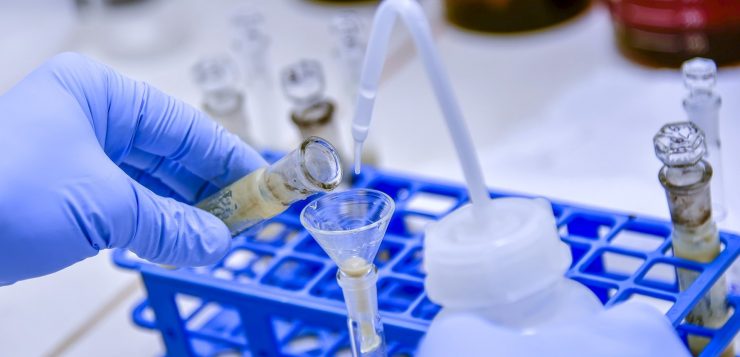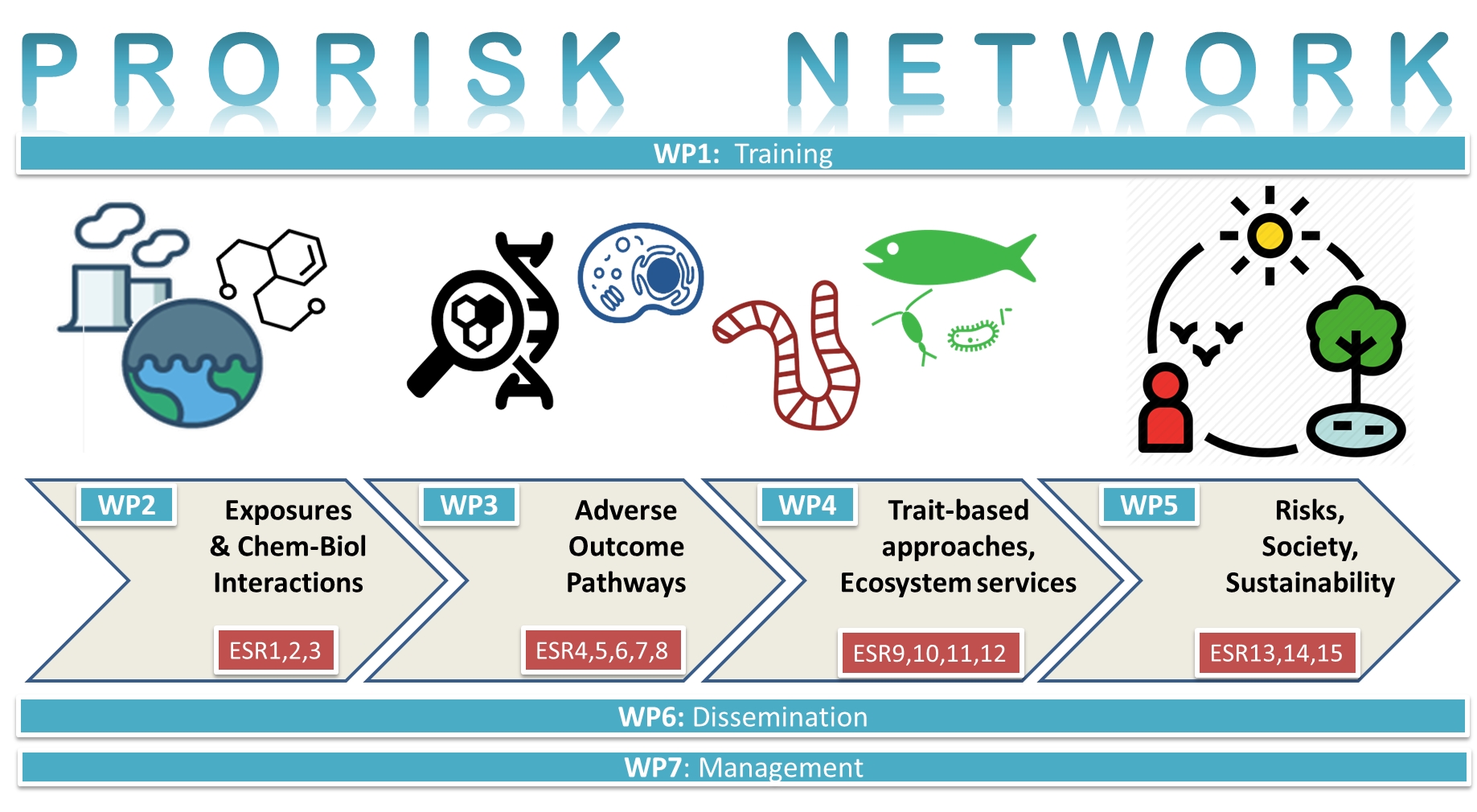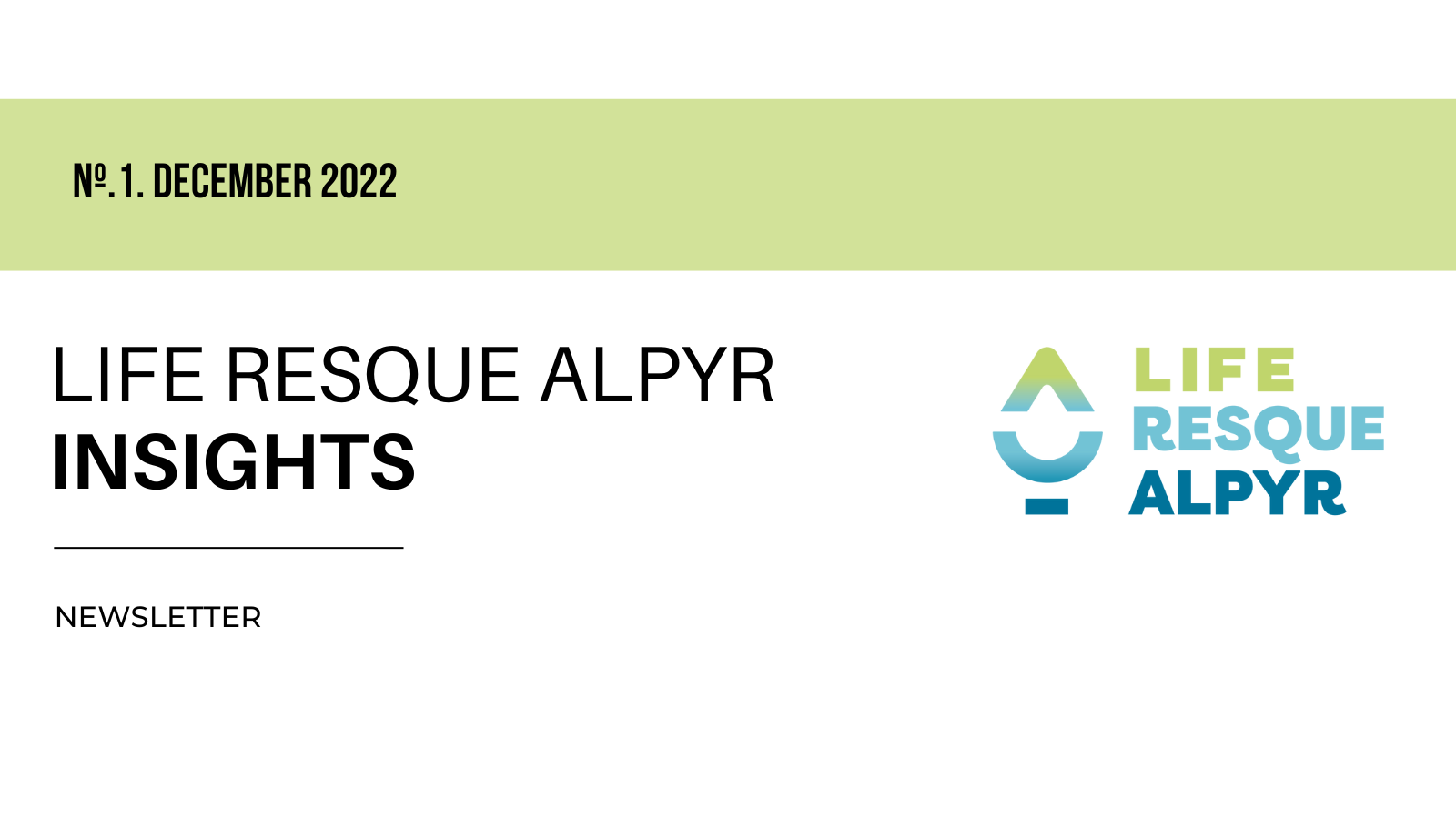The PRORISK project is a European training network funded by the European Union’s Horizon 2020 research and innovation program. PRORISK brings together a unique network of scientists with strong interdisciplinary training in chemistry, biology, the environment and socioeconomic sciences. The consortium is made up of 18 universities, research institutions, companies and associated organizations from 9 European countries and also from Canada.
The Blanes Center for Advanced Studies (CEAB-CSIC) participates in the project as the leader of the project’s dissemination and dissemination working group. Helena Guasch, main researcher, together with other researchers at the center, have the mission of disseminating the knowledge generated by PRORISK to specialized research forums and to policy makers, regulators and interest groups; disseminate the structure of a new comprehensive forum for interdisciplinary research and training in research and, provide training and outreach activities aimed at non-specialized audiences.
The first newsletter has arrived!
In order to successfully carry out some of the dissemination and dissemination objectives, the first newsletter of the “PRORISK Newsletter” project was born at the end of March in order to inform about the news, latest news and other information of interest. that are generated in this network of young environmental researchers.
If you want to be informed of the latest news and developments you can go to the main website of the project.

What does the PRORISK project want to achieve?
Vision of PRORISK is to provide a unique value by creating a novel platform for training a network of Early Stage Researchers (ESRs) in the field of advanced Environmental Risk Assessment (ERA). Scientists will be given the necessary tools to enable them to develop strategies for the sustainable protection of ecosystems.
The young researchers will gain the abilities to address this major challenge in risk assessment paradigm shift. They will work as future experts at the interface between the key concepts of sustainable protection of ecosystems and health. Also, they will be able to address increasingly complex data and critically assess the soundness of risk predictions and assess the socioeconomic costs of environmental damage.
All this will allow young researchers to shape future regulatory measures that protect the services of ecosystems and thus guarantee their sustainability and prosperity beyond the duration of the project.




